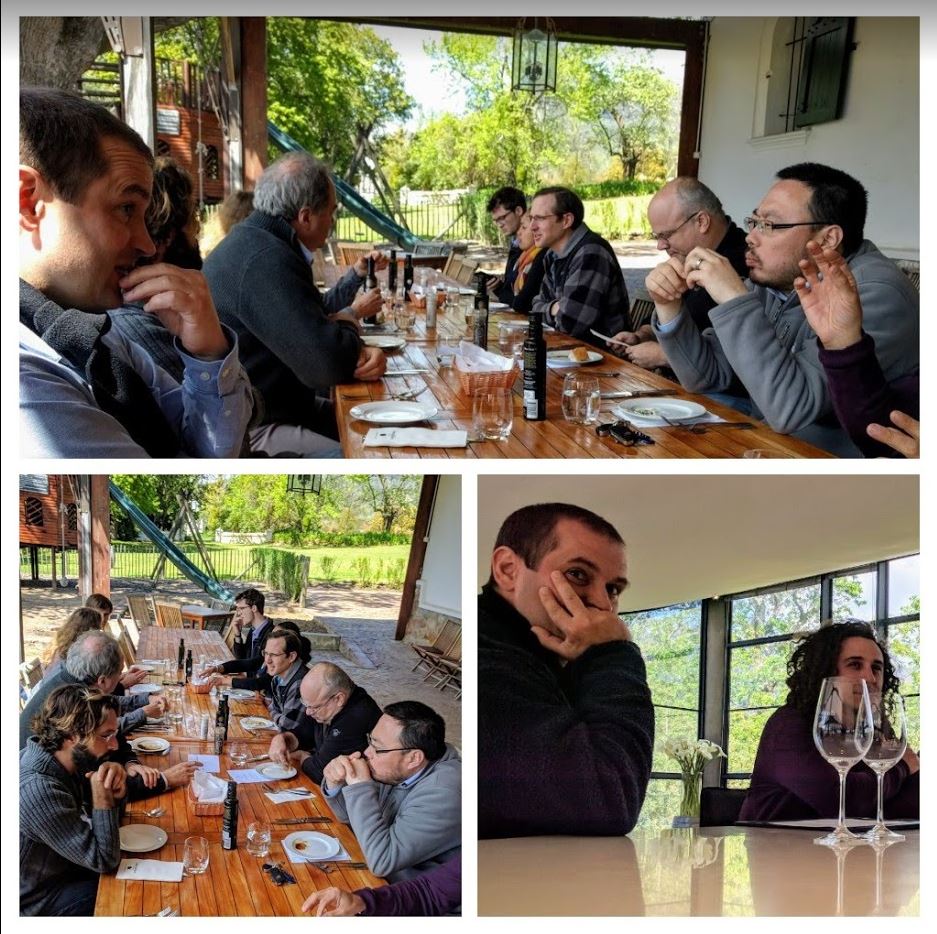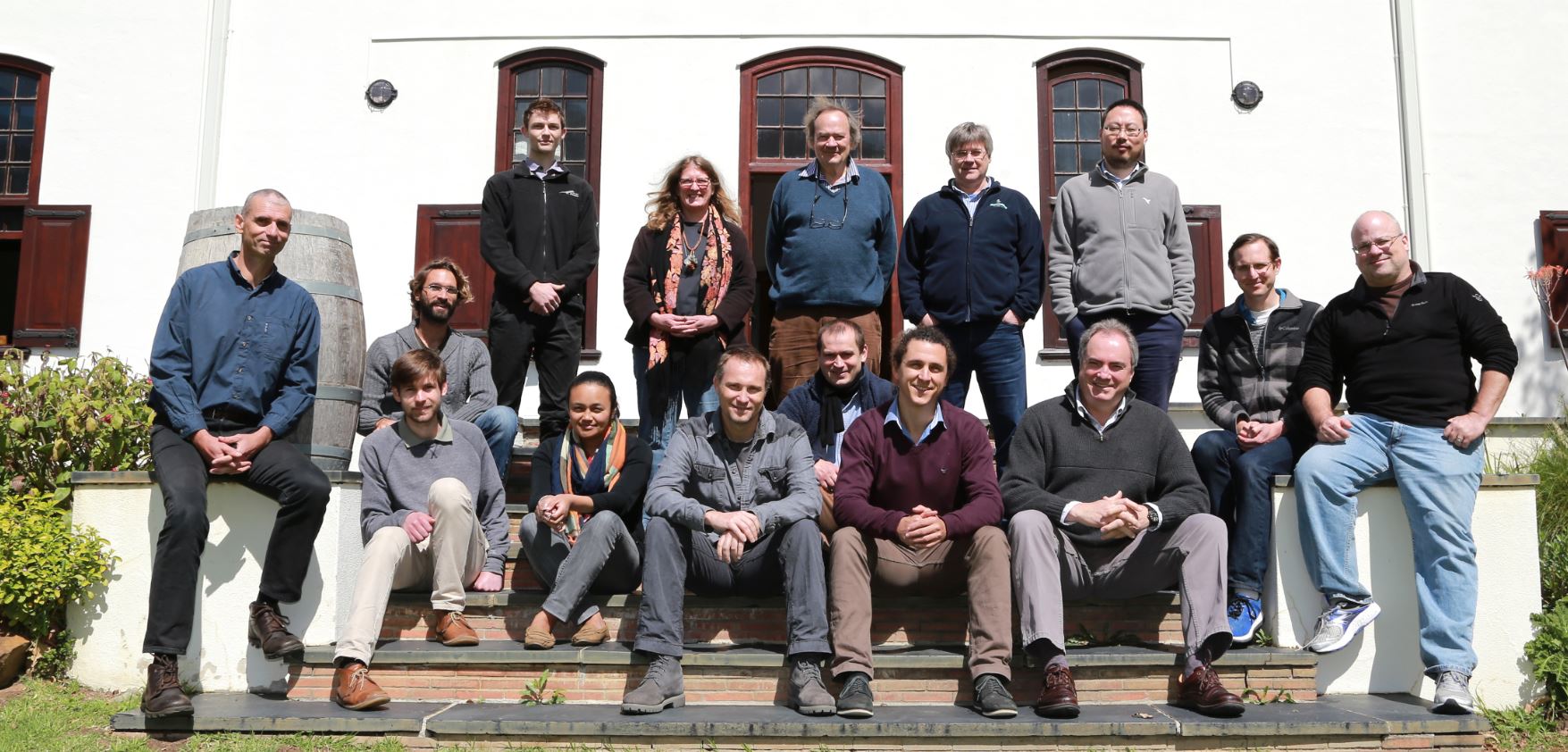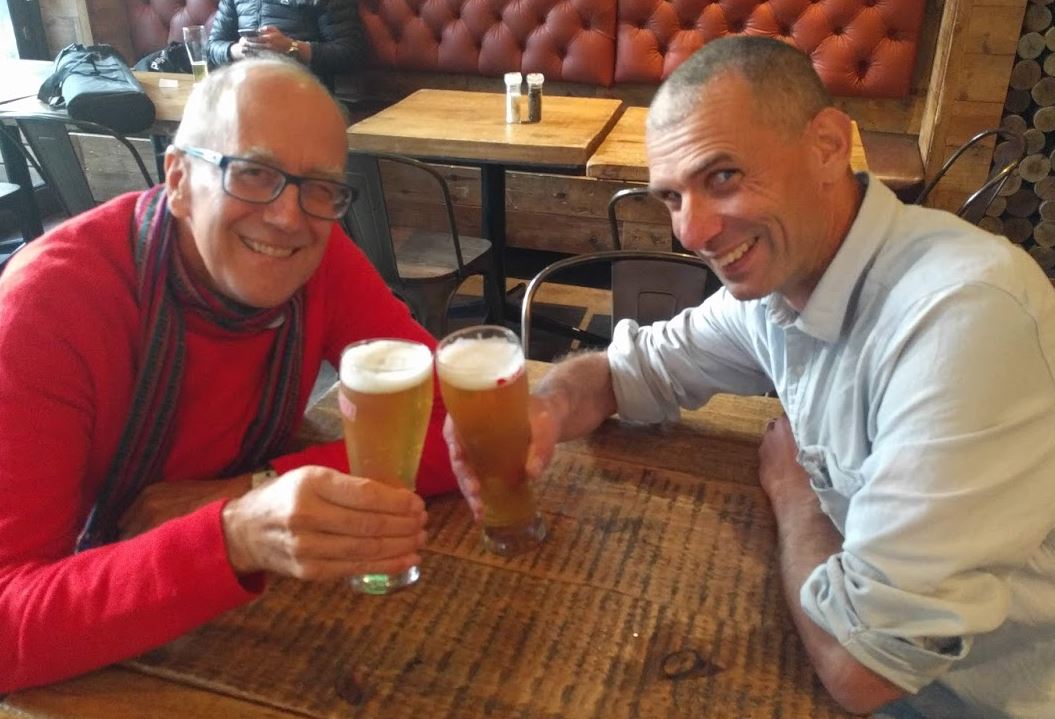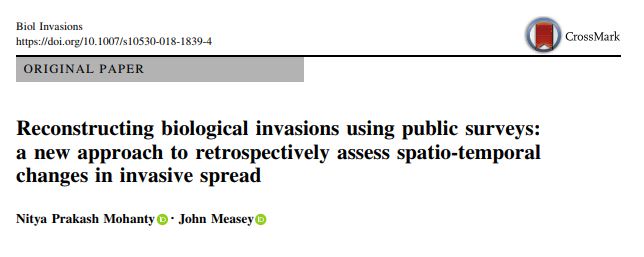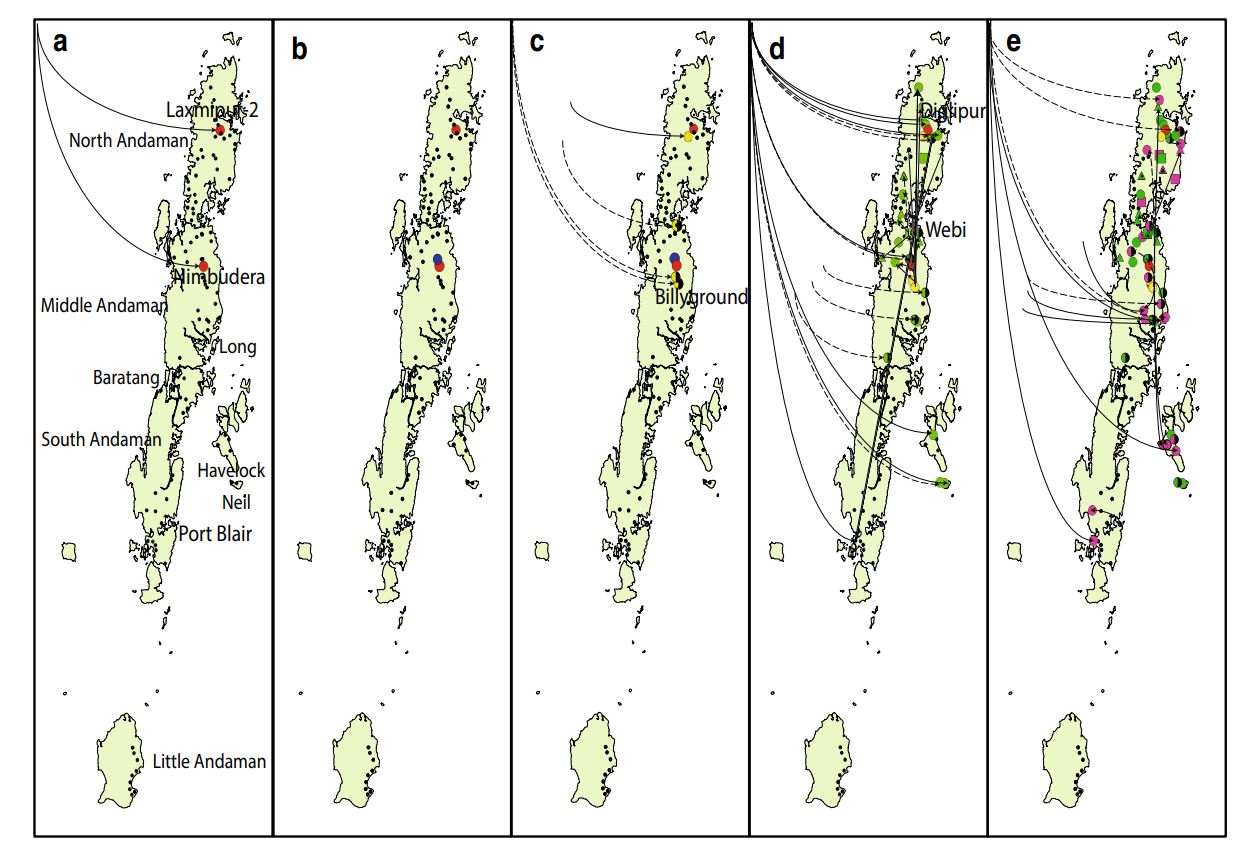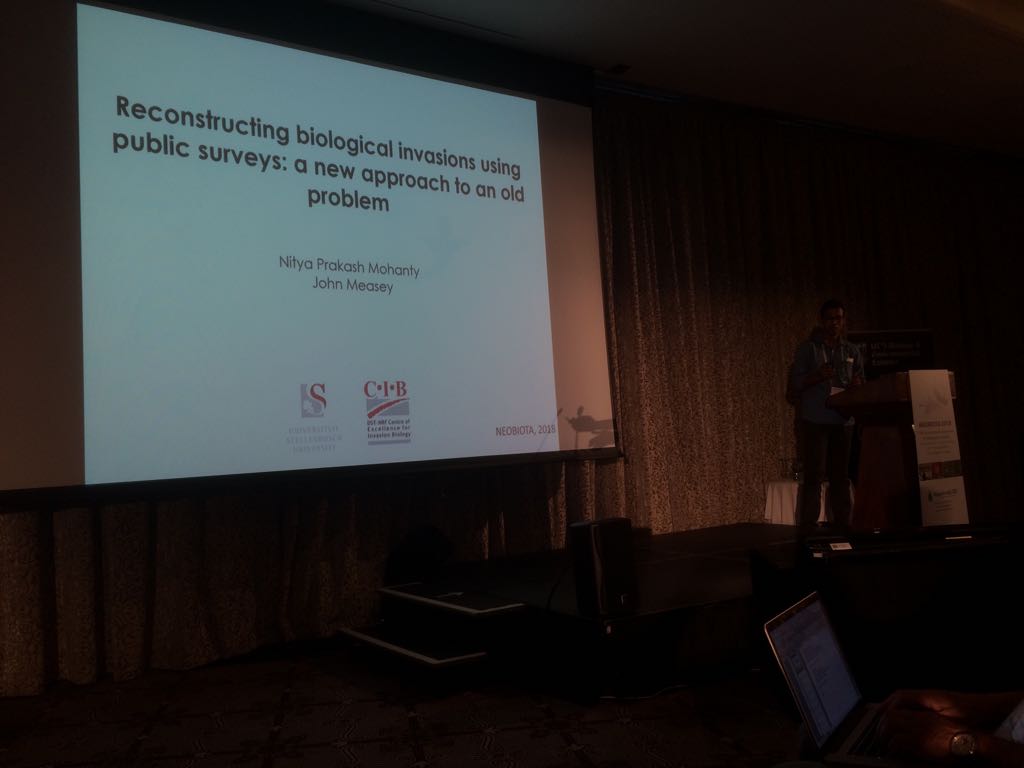Workshop on communityecology and invasion ecology, Stellenbosch, September 19-21
A workshop organised by Guillaume Latombe, Cang Hui & Dave Richardson was held at Dornier Wine Estate, near Stellenbosch, from 19 to 21 September. It was surprisingly chilly inside the main house, but luckily we were allowed out for meals and to warm up in the sun.
We aimed to answer two fundamental questions:
The workshop was a combination of keynotes and reflexions on these two questions, together with working groups working hard on common hypotheses from the two disciplines.
Attendees included Jon Chase (iDiv, Germany), Franck Couchamp (CNRS, France), William Bond (SAEON/UCT, South Africa), Res Altwegg (UCT, South Africa), Guy Midgley (Stellenbosch, South Africa) and the usual smattering of CIB groupies.

